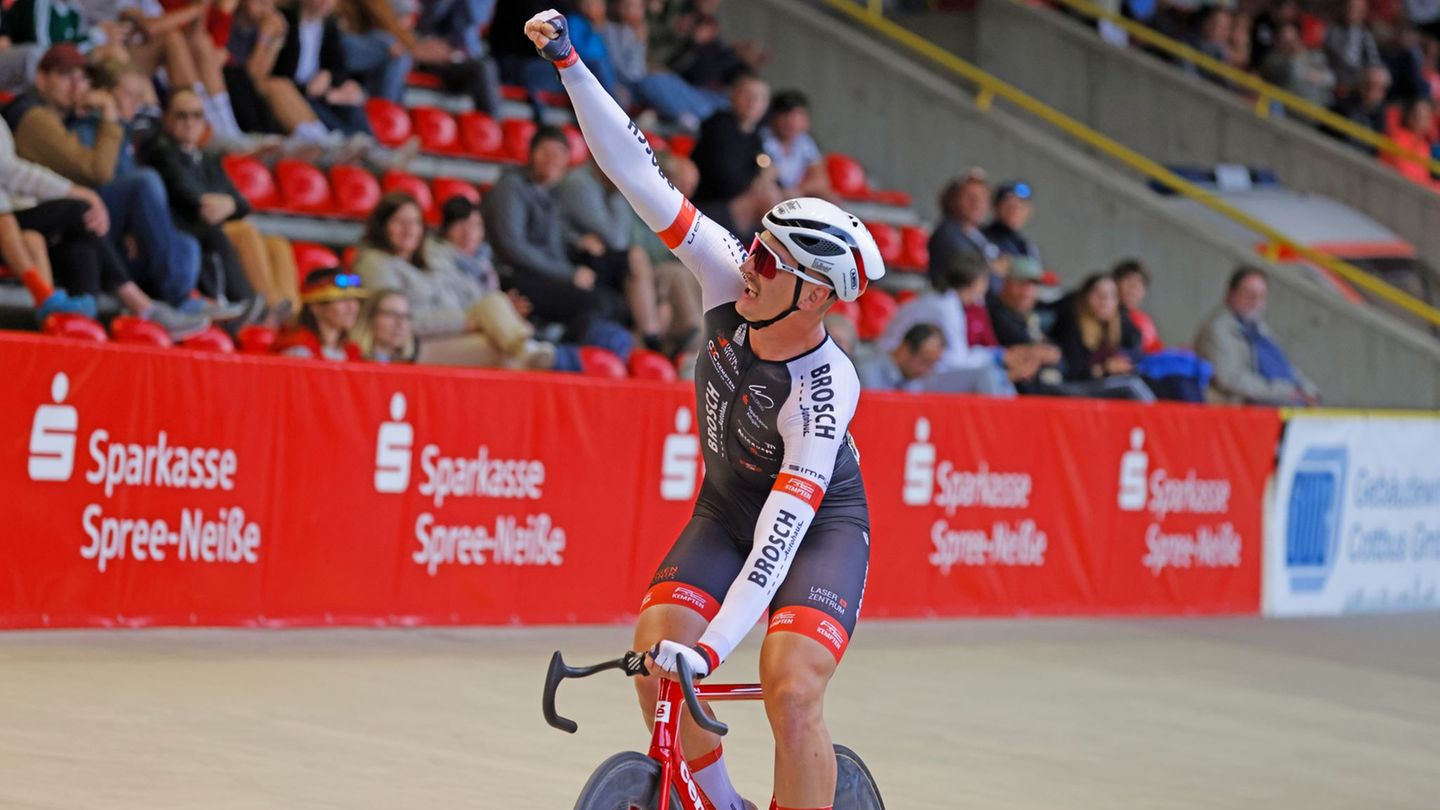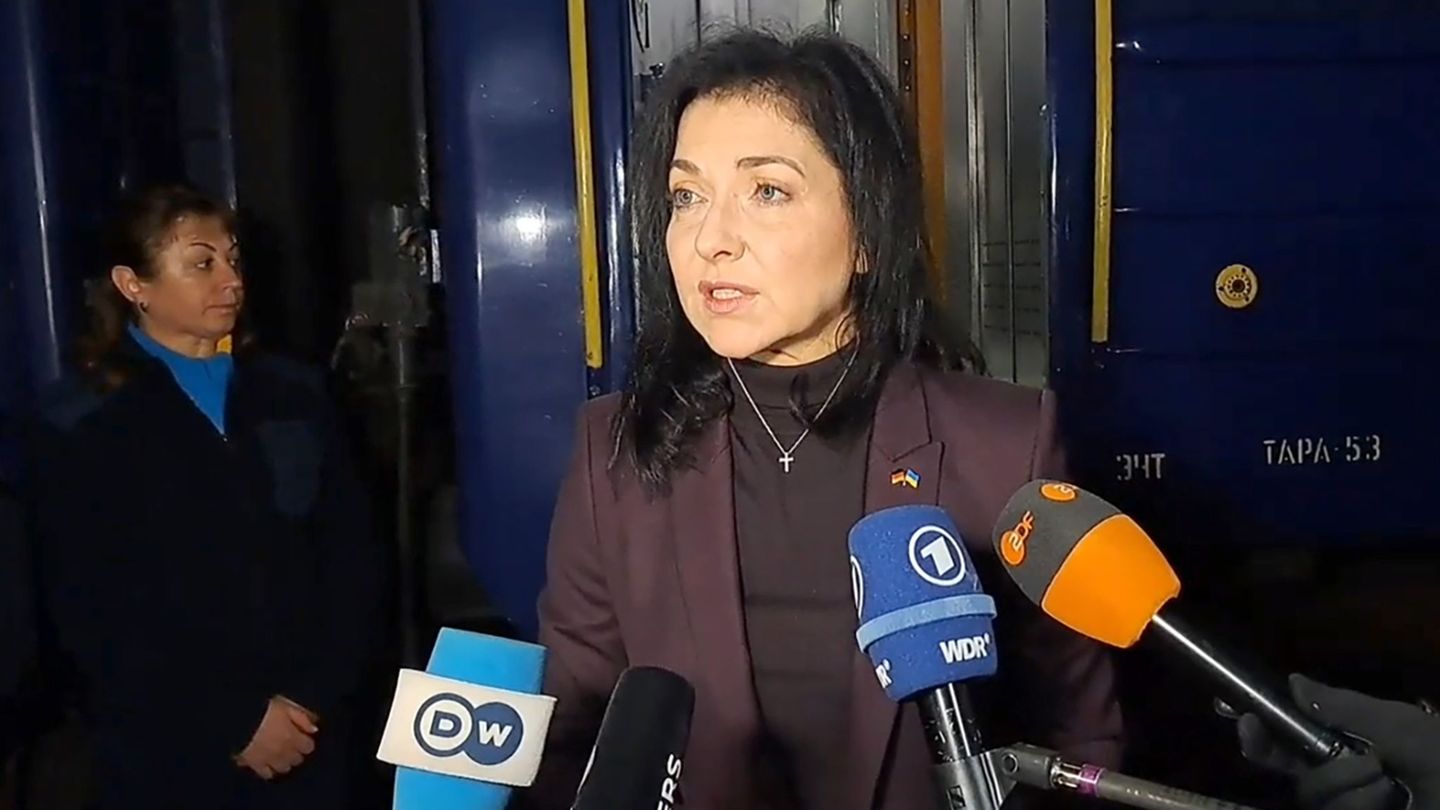At the Hugo del Carril Municipal Cineclub in the center of Cordoba and where the competitions take place, “Cambio Cambio” by Lautaro García Candela was screened; “April, green, yellow”, by Santiago Aulicino; and “The Face of the Medusa”, by Melisa Liebenthal, from the Argentine Feature Film Competition.
Lautaro García Candela’s film (“I love you so much that I don’t know”, 2018), which was part of the International Competition of the Mar del Plata Film Festival last year, shows the struggle to survive in the city, a harsh environment and with its own rules, where a young man from the interior (Ignacio Quesada), his architecture student girlfriend (Camila Peralta) and two veteran friends try to stay afloat on the tense Florida Street played by Valeria Santa and Mucio Manchini.
The crazy rhythm of the always oscillating Argentine economy also marks the cadence of the story, a group of characters who plan and carry out a small “scam” that is triggered by the fact of an exchange rate run that will allow them to make a difference. in the buying and selling of dollars.
In addition to the good narrative pulse, which is related to “Pizza, birra y faso”, the film’s virtue is to give an account of a universe unknown to the majority of viewers and although it is a fiction, with the tools of the documentary it portrays with a a good deal of truth about the daily life of the city in a stark way.
Before García Candela’s film, María Aparicio’s “Look for work” was seen, which in just 8 minutes rescues the workforce of Argentina at the beginning of the 20th century, made up of men, women and children alike, without labor rights.
The Córdoban Aparicio (“The Streets”, “Sobre las Nubes”) gives an account of this situation with archival materials from the Argentine Nitrate Collection of the Pablo Ducrós Hicken Film Museum, which shows daily work in factories, the countryside and workshops textiles and also, the misery of the workers’ homes, accompanied by a voice-over (Pablo Limarzi), as part of an extraordinary sound design, to form a reflective story about injustice and inequality.
Then it was the turn of “Abril, Verde, Amarillo”, the second film by Santiago Aulicino after “At the end of August” (2021), which has as its axis Santi, a musician who locked himself away some time ago and stopped answering. the calls from his friends, especially the most worried one, Ingrid.
Santi’s obvious agarophobia, the sporadic messages he maintains through emails with Ingrid and even the alienation that leads him to interact with a shadow on the wall, is a part of the story, which in reality focuses on the outside of the protagonist. He refuses to return, for no apparent reason.
“April, green, yellow” concentrates its serene power on the network of solidarity and concern for Santi and on showing a middle class related to the culture of the big city.
Once again and like a good part of the films that are being presented so far at the FeCC such as “El Santo”, “Moto”, “A place to go”, along with the aforementioned “Cambio Cambio” and of course, “Search work”, the knowledge of this group of young people concerned about another, takes up a good part of the film.
A cartoonist, a camerawoman who films judo and artistic gymnastics training on request, a bookseller, a writer, a universe of jobs that are accompanied by the small moments of her intimacy.
The film reserves a moment for each of them but the seminal concern, Santi’s health, is still present and for the end, the story saves a happy moment, with images of the characters in different situations when Santi was not sick, moments that As can be deduced from the last smile, they will surely return.
Meanwhile, with the experimental short “Caudal”, the director Ignacio Masllorens (“Atlas”, “Fanny walks”, “El teorema de Santiago”), plays with material discarded from other audiovisual productions to build a possible and alternative story to those images intended for something else.
To close the day at the Hugo del Carril with the films in competition, the short film “Carne de Dios” by Patricio Plaza and the feature film “The Face of the Medusa” by Melisa Liebenthal were screened.
The animated film by Patricio Plaza, which won Best Short Film at the last edition of the Mar del Plata Festival and is now shortlisted for the Oscars, presents a curious, fantastic and terrifying religious syncretism between the Catholic faith and ancestral beliefs in colonial Mexico.
With a sick priest, who imposes the Catholic religion with a heavy hand, he is exposed to the rituals of the native peoples to heal.
Finally, “The Face of the Medusa” was screened, which begins with the surprise that without any explanation, María, one day a woman discovers that her face has changed completely, an event as fantastic as it is absurd that will determine her life from then on. forward.
The curious story that starts from the absence of a face in the so-called “swagwaters”, a particularity of these marine animals that serves the director Melisa Liebenthal (“Here and there”, 2019; “Constanza”, 2018; and “Las lindas “, 2016), to give free rein to your imagination.
It is a dramatic comedy, if you will, that dialogues perhaps unintentionally with “The Metamorphosis”, the famous novel by Franz Kafka, to talk mainly about the identity at stake, one’s own perspective and that of others.
Source: Ambito
I am an author and journalist who has worked in the entertainment industry for over a decade. I currently work as a news editor at a major news website, and my focus is on covering the latest trends in entertainment. I also write occasional pieces for other outlets, and have authored two books about the entertainment industry.




